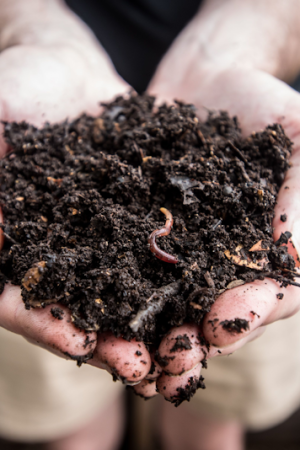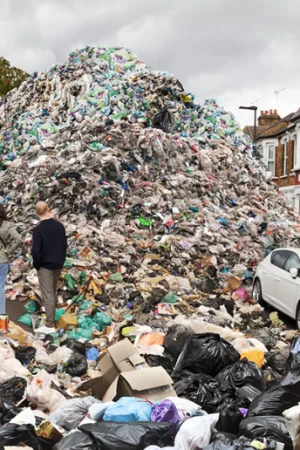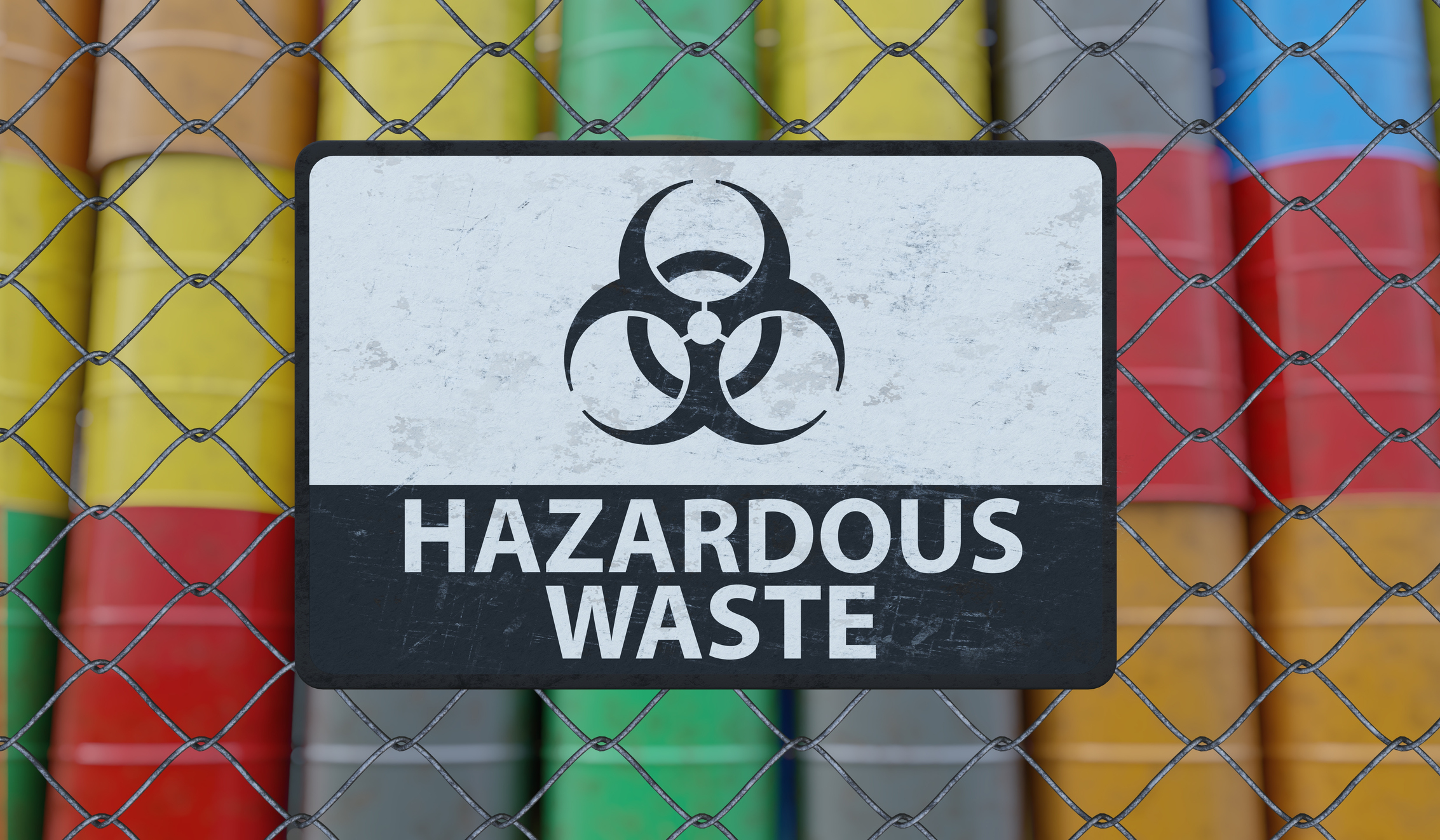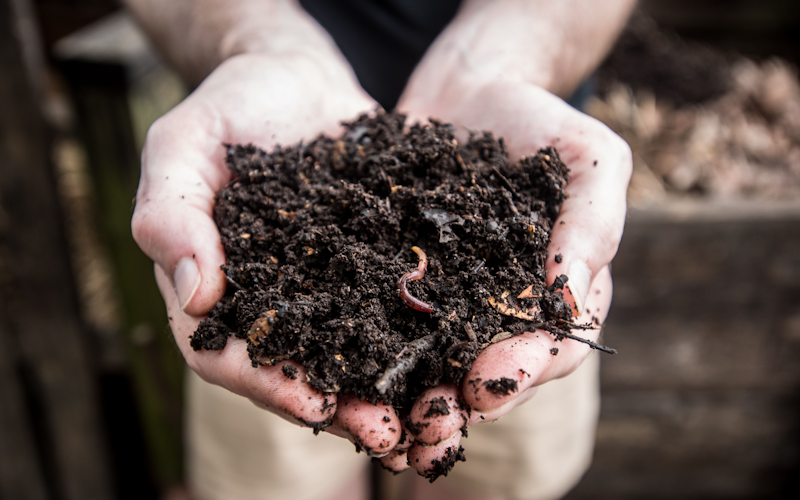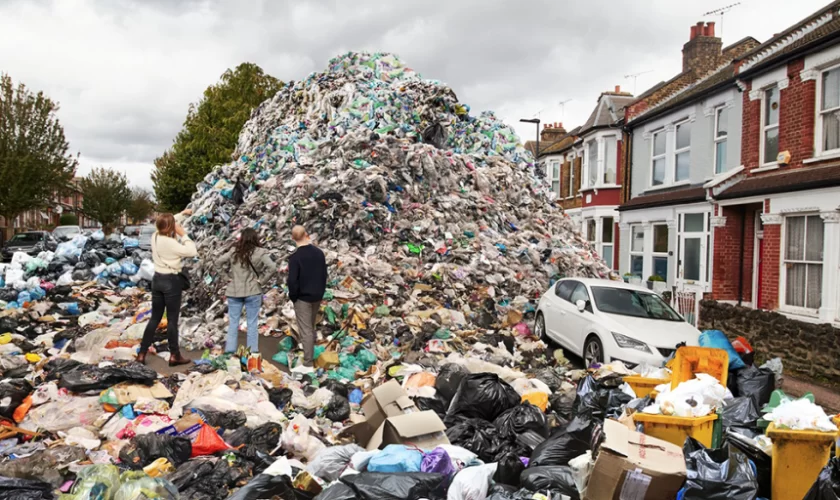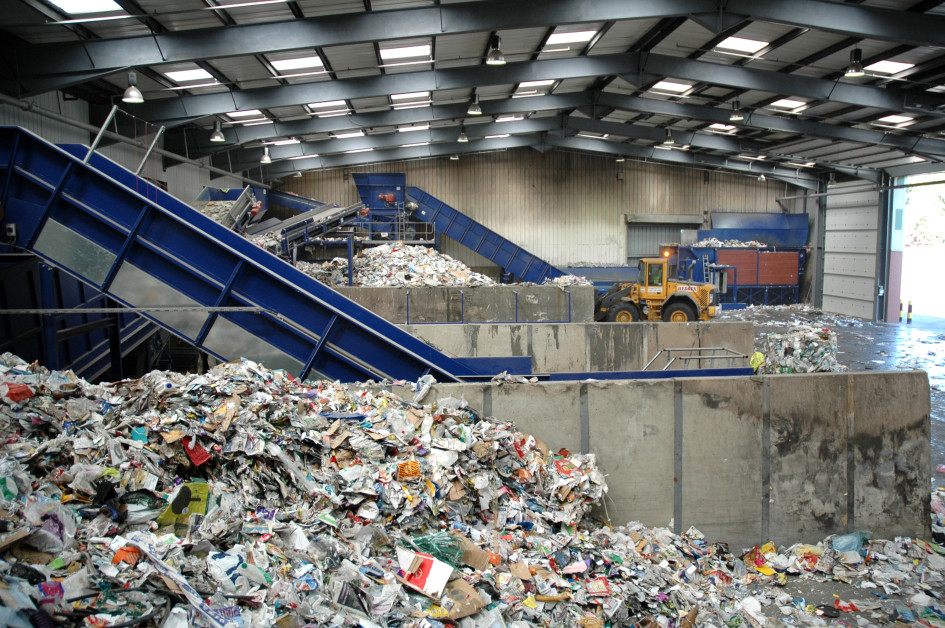In general, animal feces are organic matter. They are therefore compostable. You can even put them in the compost with the litter. However, you should know that not all litter is compostable. In fact, litters made from clay, silica, or minerals are not compostable. Made up of mineral materials, they will not decompose. It will then be necessary to favor plant litter. These are made with sawdust, fruit fibers and other elements that are biodegradable and can be composted. To find out more about making compost, we invite you to read this article.
What are compostable litters
These are the plant litters that are compostable, thus providing waste management solutions. They can be made with different materials. Among them, there are plant fiber litters: cocoa, fruit, pea or coconut fibers. Linen bedding, corn bedding, sand bedding, straw bedding, and wood pellet bedding can also be decomposed and composted.
You can buy biodegradable and compostable litter in Tulsa stores specializing in the sale of garden items. You can compare prices to get the best deal. You can also ask the seller for advice on choosing the right litter. Taking customer opinions into account is also important to avoid unpleasant surprises.
If you want to save money, you can design the litter box yourself. You just need to find biodegradable materials.
How to compost biodegradable litter
Making compost with biodegradable litter is not complicated. In fact, you just need to have a source of nitrogen and a source of carbon. These conditions are met with plant litter which is a source of carbon and cat excrement which are sources of nitrogen.
However, there are always possibilities to optimize the litter decomposition process. Indeed, the litter must have a good moisture content. The rate must be between 40 and 65%. To achieve this rate, do not hesitate to add water to the litter during high heat.
Likewise, the litter must have a good oxygen content. In this case, you can install aeration pipes in the composter or turn the compost pile frequently. After meeting all these criteria, the litter decomposition process will generate heat. The temperature can reach 55 to 70°C.
In case you use cat litter, you need to be careful with toxoplasmosis. Bad for human health, this parasite is found in cat feces. To kill it, the litter decomposition temperature should reach at least 62°C.
To check the temperature, you can stick a suitable thermometer into the compost pile and take a check. If you notice that the temperature is too low, know that there is a problem with humidity, oxygen, nitrogen or carbon.
In any case, if you want to take no risks, you can let the compost mature for a period of 18 to 24 months. Also be careful to only use it for non-food crops. Therefore, it is not recommended to use compost for the vegetable garden. The best is to use compost for flowers which will grow very quickly. You can also use compostable litter to fertilize your lawn or hedge.
The benefits of composting
Composting offers numerous benefits for both the environment and individuals of oklahoma. First, it reduces the amount of organic waste sent to landfills, mitigating methane emissions and alleviating strain on waste management systems.
Compost enriches soil health by providing essential nutrients and improving soil structure, leading to increased crop yields and healthier plants. Moreover, composting fosters biodiversity by creating a habitat for beneficial microorganisms and insects. It also helps conserve water by enhancing soil’s ability to retain moisture, reducing the need for irrigation.
Furthermore, composting reduces the reliance on chemical fertilizers, lowering the risk of water pollution and promoting sustainable agriculture practices in Oklahoma. On a personal level, composting can save you money on gardening expenses and promote a sense of environmental responsibility, encouraging people like you to participate in sustainable living practices Oklahoma.

